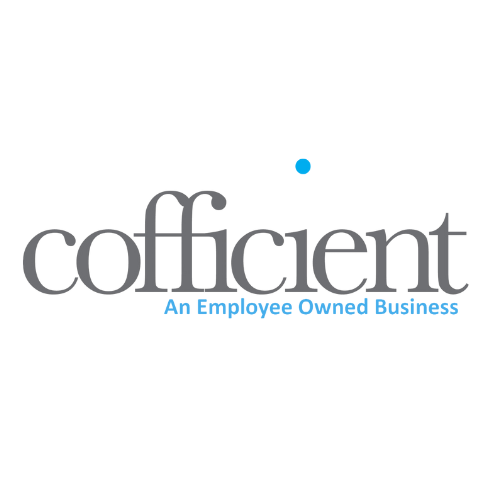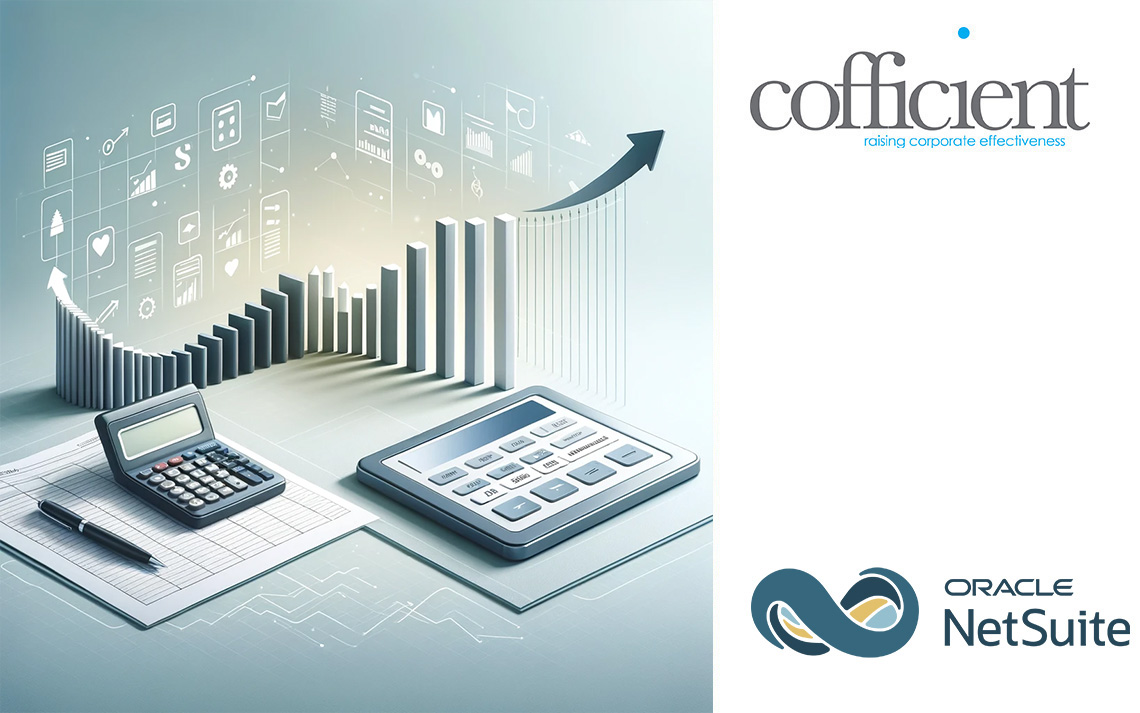
6 Key Benefits of Moving to Cloud ERP in 2023
As we head into 2023, the business world faces more uncertainty than ever. With the ongoing COVID-19 pandemic, economic uncertainty, and rapidly evolving technology, it’s more important than ever for businesses to stay agile and adapt to changing conditions. As emphasised in our recent blog, one way to do this is by adopting a cloud-based ERP (Enterprise Resource Planning) system. The use of cloud ERP systems has been proliferating in recent years and is expected to continue. According to Adroit Market Research, the market for cloud ERP is projected to reach $178 Billion by 2030, with a growth rate of 12.1%.
This trend is driven by companies of all sizes moving away from traditional on-premise ERP systems to reduce costs and improve productivity. As we move into 2023, it is becoming evident that businesses are opting to automate as many tasks as possible and only involve human input for jobs that require critical thinking.
ERP systems are designed to help businesses manage and automate the various processes and functions that make up a business, from accounting and finance to inventory management and human resources. Whether a small start-up or a large enterprise, a cloud ERP system can help you stay competitive and adapt to the changing business landscape. And by moving these systems to the cloud, companies can enjoy a host of benefits, including scalability, accessibility, cost-effectiveness, security, automation, and better analytics.
The 6 key benefits to moving to cloud ERP are:
- Easy Compliance with Regulations
Staying up to date with government regulations, changes in laws regarding handling electronic data, industry standards, and corporate quality initiatives can be complex for small and medium-sized businesses. Cloud ERP systems provide the necessary tools, security, and agreements to meet local statutory and regulatory requirements. Automated workflows and audit trails within the system make it easier to comply with regulations and provide the documentation required to minimise compliance risks and costs. - Increases Security Measures
Despite some concerns that cloud-based ERP systems may not be as secure as on-premise systems, this is not necessarily the case. Cloud-based software often has superior data protection features compared to those implemented by in-house resources. These features may include advanced data encryption, multi-factor authentication, 24/7 monitoring of all system elements such as the OS, DB, and network, as well as built-in proactive thread detection and SLA based on severity. These security measures are only sometimes found in on-premise ERP systems. - Flexibility to Grow
The modern business environment constantly changes with disruptions, innovations and ongoing process improvements. A company might grow from a small start-up to a large multinational or change its industry altogether. Scaling an on-premise system can be complicated and expensive, requiring various internal resources. However, with a cloud-based ERP system, organisations can easily adjust their computing resources based on their needs and scale up or down as required due to its virtual infrastructure. - Disaster Management
Cloud-based ERP systems are designed to keep your business running smoothly during technical issues or unexpected downtime by providing disaster management and recovery capabilities. This is achieved through the use of solid disaster recover policies and procedures, such as automatic data replication in separate availability zones, implemented by the infrastructure providers. This guarantees that your data is protected against catastrophic security breaches, theft and natural disasters. - Better Analytics
Cloud-based ERP systems can provide real-time data and analytics, which can help you make better business decisions. With the ability to access data from all aspects of your business in one place, you can easily track key performance indicators, identify trends, and make data-driven decisions to help your business grow. - Enhanced Inter-Departmental Communication
An ERP system is mainly used for internal communication within an organisation. A cloud-based ERP system improves communication further by enabling teams to access the necessary tools from any location, anytime, using any mobile device or tablet. The cloud ERP system also synchronises all data in real-time at a centralised database, ensuring everyone can access the same, accurate data without errors or duplications.
Consider Adopting a Cloud-Based ERP Solution to Prepare for The Future
The increased demand for remote work limited IT budgets, and the need for secure business data has led ERP vendors to explore new ways to innovate and and accelerate the adoption of cloud ERP. When moving your data to the cloud as part of your migration strategy, selecting a vendor that offers a smooth and efficient migration process is essential. Looking for a solution that provides the same functionality as an on-premise system, access to innovative business software, and robust data security to protect your organisation’s information would be best.
Cofficient offers the leading cloud-based ERP solution, NetSuite ERP. Contact us today to lean more and find the right solution for your company.



